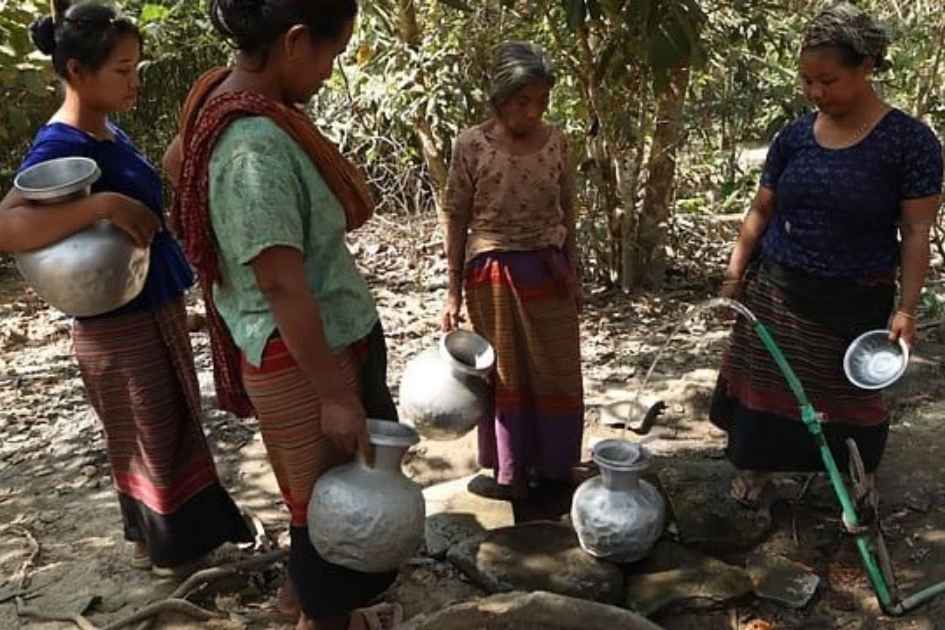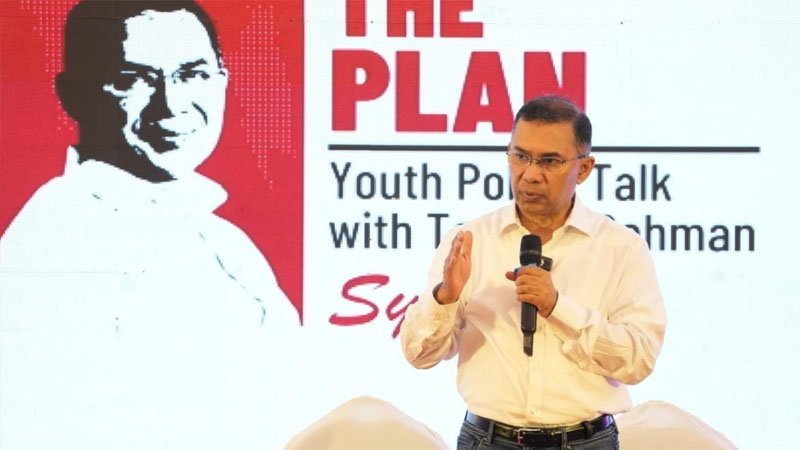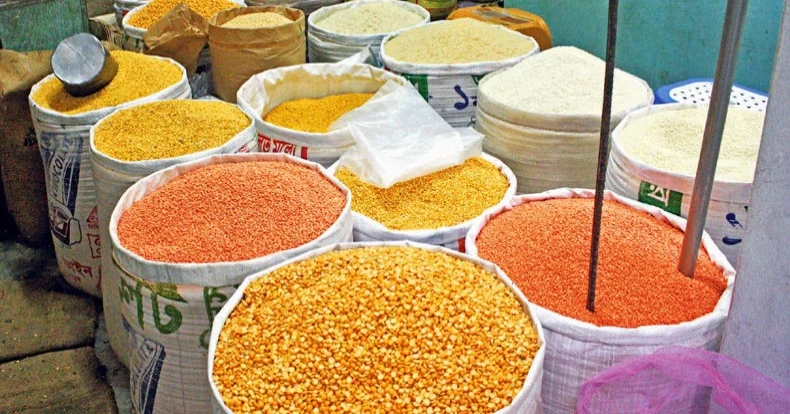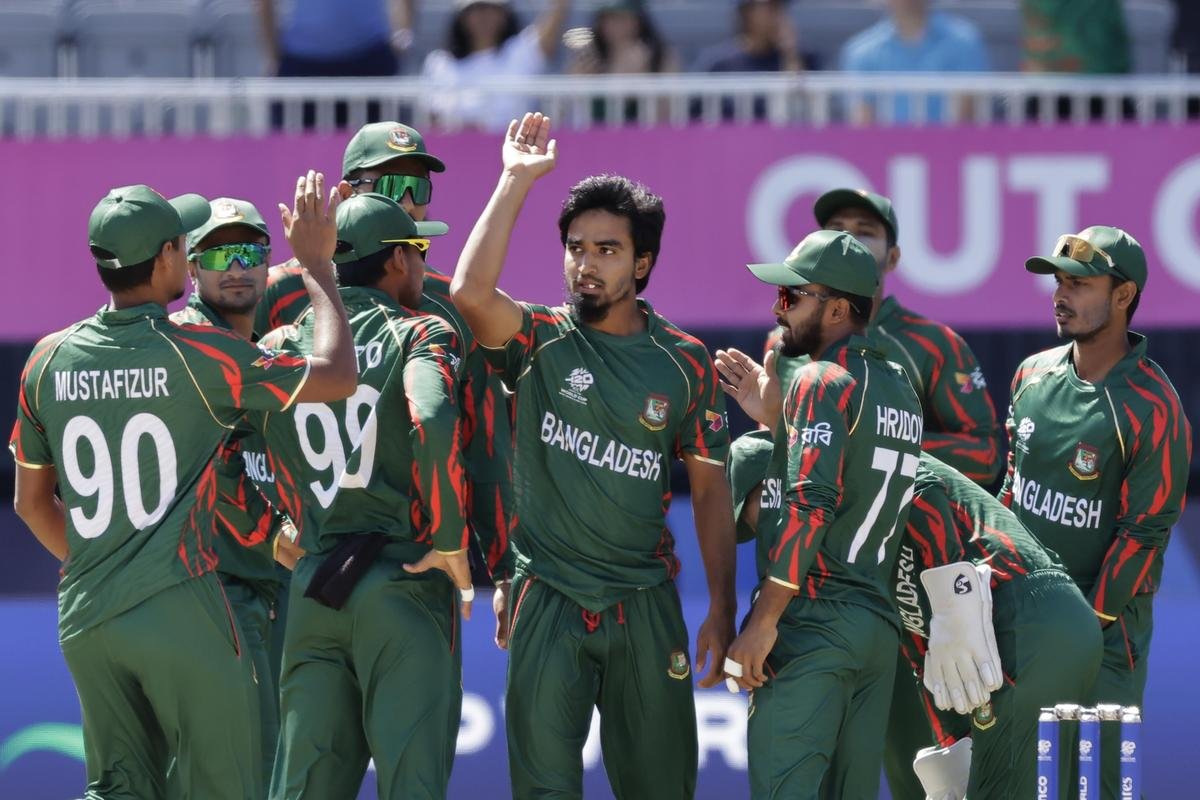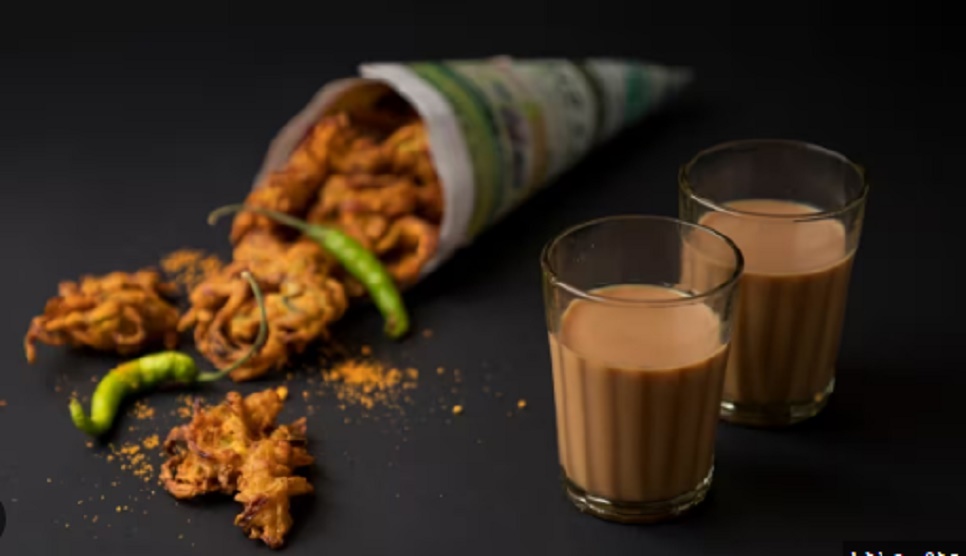Is Dark Skin Really Bad Luck?
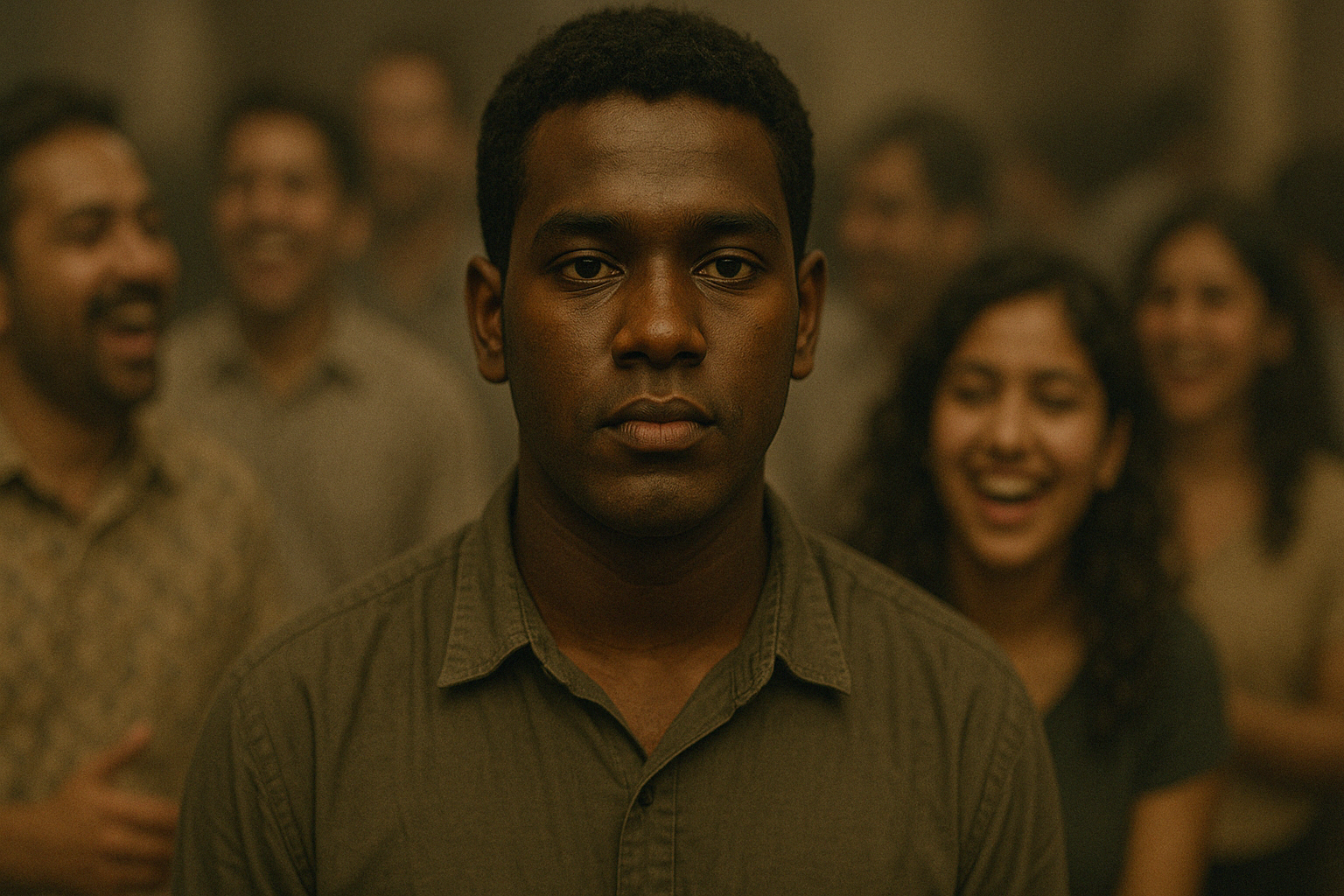
Dark Skin = Bad Luck? Debunking Fairness Fixation in Bangladeshi Society
In the bustling streets of Dhaka or the quiet corners of a rural village, one phrase echoes persistently in beauty salons, households, and even matrimonial ads: “Gorer cheye farsha hole bhalo.” (Lighter skin is better than darker skin.) This seemingly harmless preference has permeated deep into the psyche of Bangladeshi society, where skin color is not merely an aesthetic but often equated with fortune, success, and even morality.
But where did this obsession with fairness come from? And how harmful is it, really?
The Colonial Roots of Colorism in Bangladesh
To understand the fixation with fair skin, we must look back at history. Bangladesh, once part of British-ruled India, inherited a colonial hangover that left a lasting impact on beauty standards. The British rulers, being predominantly white, were perceived as superior, powerful, and civilised. Over time, their physical features — especially skin tone — became associated with authority, intelligence, and desirability.
This subconscious bias persisted long after independence, evolving into a social hierarchy where fair skin was linked to higher class, better education, and more prestigious jobs.
How Media Reinforces the Myth
Television dramas, commercials, and movies in Bangladesh have historically favored actors and models with lighter skin. Skin lightening product advertisements regularly depict dark-skinned individuals as sad, unsuccessful, and rejected — only to magically find love and job offers after becoming “fair and lovely.”
In fact, the skin-whitening industry in South Asia is worth over $500 million, with Bangladesh being a significant market. Brands like Fair & Lovely (now rebranded as Glow & Lovely) have long dominated TV and billboards with promises of brighter futures through lighter skin.
A 2018 study by BRAC University found that 70% of Bangladeshi women aged 18–35 had used some form of skin lightening product. Many expressed the belief that fair skin would increase their marriage prospects or job opportunities.
Marriage Market and Colorism
In the Bangladeshi marriage scene, fairness is often prioritized over education, career, or compatibility — especially for women. Matrimonial ads frequently contain phrases like “fair-complexioned bride sought” or “only fair girls apply.”
In rural areas, where traditional matchmaking is more common, dark skin is sometimes seen as a curse. There are documented cases of women being rejected by multiple suitors purely because of their complexion. This bias can lead to low self-esteem, depression, and even forced marriages to older or abusive partners.
Even in urban, educated circles, fairness remains a key requirement. A 2022 report by Ain o Salish Kendra (ASK) documented over 400 cases of marriage-related discrimination based on skin tone over a 5-year period — many of them tied to domestic abuse.
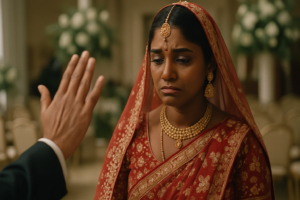
Psychological Impact: The Invisible Scars
Colorism doesn’t just hurt externally — it leaves deep emotional scars. Young girls and boys grow up hearing hurtful nicknames like kalo (black) or moyla (dirty), leading to poor self-image and confidence issues.
Clinical psychologist Dr. Sabina Faiz Rashid notes that many of her patients in Dhaka report body dysmorphic disorder (BDD) and anxiety rooted in skin tone-related bullying or rejection.
The mental toll extends into adulthood. Women often feel pressured to bleach their skin before major events like weddings or job interviews, even risking mercury poisoning or skin damage from unregulated fairness creams.
When Skin Becomes a Stigma for Men Too
While colorism is most visible in beauty standards and marriage prospects for women, men in Bangladesh aren’t immune to its effects. From job interviews to social media memes, dark-skinned men often find themselves battling stereotypes that subtly—and sometimes overtly—equate fair skin with success, hygiene, or social class.
In a society where men are expected to be the “providers,” darker skin can become a silent disadvantage. Employers in certain industries, especially in sales, customer service, and media, are known to favor fair-skinned men under the guise of “presentability.” Even in romantic relationships, many families still prefer lighter-skinned grooms, associating darkness with poverty, outdoor labor, or even bad luck.
Skin-whitening products targeted toward men—like Fair & Handsome—are a booming business in Bangladesh. Their ads often mirror the same problematic tropes seen in female beauty marketing: the idea that lighter skin brings confidence, jobs, and romantic interest. The pressure to be both manly and fair creates a confusing standard, especially for young boys growing up surrounded by these messages.
Dark-skinned male celebrities, athletes, or influencers also face online trolling or are held to higher standards to “compensate” for their appearance with extra talent or charisma. Their success is rarely attributed to just their skill—color always finds a way into the conversation.
Colorism, therefore, isn’t just a “women’s issue.” It’s a societal bias that affects people of all genders in different, yet deeply harmful, ways.
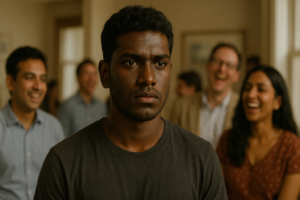
Religion Says Otherwise
Interestingly, Islamic teachings, followed by the majority in Bangladesh, do not support color-based discrimination. Prophet Muhammad (PBUH) famously said: “All mankind is from Adam and Eve, an Arab has no superiority over a non-Arab nor a non-Arab has any superiority over an Arab; also, a White has no superiority over a Black nor a Black has any superiority over a White except by piety and good action.”
Yet, religious values are often overridden by cultural biases. Many families, while devout in prayer and dress, continue to pass on fairness-related prejudices — a contradiction that highlights how entrenched the issue is.
The Rise of the Anti-Fairness Movement
Amid all the gloom, there’s hope. A growing number of activists, models, and influencers in Bangladesh are challenging colorism head-on. Campaigns like #DarkIsBeautiful, #KaloSundor, and #UnfairAndLovely are gaining traction on platforms like Instagram and Facebook.
In 2020, the popular skincare brand Glow & Lovely was forced to drop “Fair” from its name due to backlash. That same year, Bangladeshi model Jannatul Ferdous Oishee — Miss World Bangladesh 2018 — made headlines for refusing to lighten her skin in photo shoots.
Digital platforms have empowered young voices to redefine beauty, making room for melanin-positive representation.
Policy and Legal Challenges
Despite the rise of awareness, there is little regulatory oversight of fairness cream advertisements in Bangladesh. The Bangladesh Standards and Testing Institution (BSTI) has minimal control over product content, and the Advertising Standards Council lacks enforcement power.
Additionally, many products sold in local markets contain toxic chemicals like hydroquinone, steroids, or mercury, but are rarely labeled. This poses serious public health risks, particularly for low-income consumers unaware of the dangers.
Education: The Real Game-Changer
Experts agree that long-term change begins with education. School curricula rarely include modules on body image, self-worth, or discrimination — leaving students to absorb harmful beauty ideals from media and elders.
Introducing topics like diversity, equality, and self-acceptance in classrooms could create a generation that values character over complexion.
Moreover, role models in academia, sports, and media must reflect diverse skin tones — not just the fair-skinned elite — to normalize beauty in all shades.
Time to Ditch the Fairness Formula
The idea that “dark skin = bad luck” is not just a myth — it’s a damaging lie perpetuated by outdated systems, marketing greed, and cultural inertia. But the tide is slowly turning.
Fairness isn’t the gateway to success. Confidence, talent, kindness, and resilience are.
In the words of Bangladeshi poet Shamsur Rahman:
“Manusher cheye boro kichu nei” — Nothing is greater than humanity itself.
It’s high time we remembered that — and celebrated the full spectrum of brown that Bangladesh so beautifully represents.
🔗 Related Reading:
If you’re interested in how social norms shape discrimination in Bangladesh, read our in-depth piece on gender and property rights:
👉 Customs Over Constitution: How Social Norms Rob Women’s Land Rights
